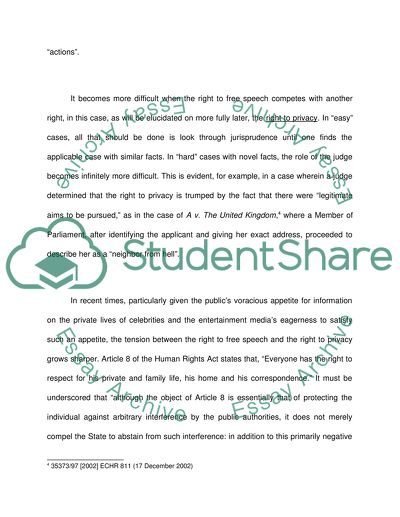Cite this document
(“Freedom of Expression Case Study Example | Topics and Well Written Essays - 2750 words”, n.d.)
Retrieved from https://studentshare.org/law/1504022-freedom-of-expression-case-study
Retrieved from https://studentshare.org/law/1504022-freedom-of-expression-case-study
(Freedom of Expression Case Study Example | Topics and Well Written Essays - 2750 Words)
https://studentshare.org/law/1504022-freedom-of-expression-case-study.
https://studentshare.org/law/1504022-freedom-of-expression-case-study.
“Freedom of Expression Case Study Example | Topics and Well Written Essays - 2750 Words”, n.d. https://studentshare.org/law/1504022-freedom-of-expression-case-study.


